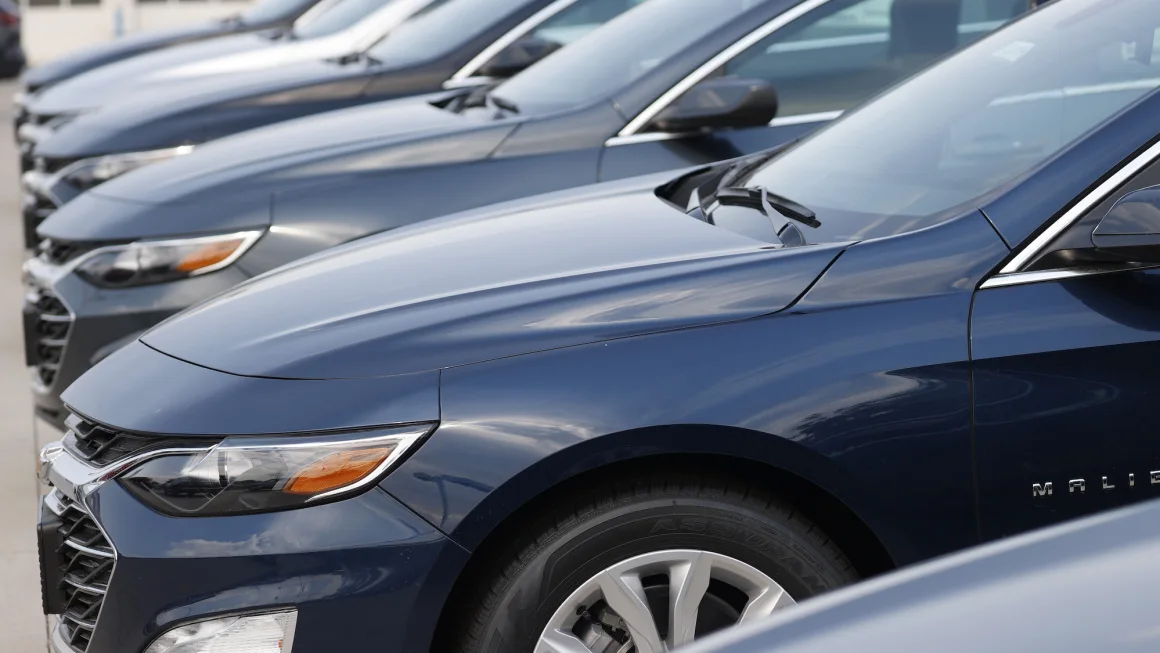The Chevrolet Malibu, a longstanding emblem of American automotive culture, will end production this year, marking a significant shift in General Motors’ focus towards electric vehicles and more significant automobile categories. Announced by General Motors, this decision underlines a broader industry trend of phasing out traditional sedans in favor of SUVs, trucks, and specialized sports cars like the Corvette.
The Final Chapter of Chevy’s Last Sedan
Chevrolet’s Strategy Shift and Industry Impact
The Chevrolet Malibu, the last sedan model of the brand, will halt its production in November. The cessation comes as General Motors retools the Fairfax Assembly Plant in Kansas City, Kansas, pivoting towards manufacturing a new generation of the Chevrolet Bolt EV. This strategic shift reflects a more significant industry trend where traditional sedans are increasingly sidelined in favor of more versatile vehicle types. “The Chevrolet Malibu, the last sedan still sold by General Motors’ biggest selling brand, will end production this year,” the company disclosed, highlighting a significant shift in their product lineup.
A Legacy Concluding
Historical Significance and Evolution of the Malibu
First introduced in the 1960s as a luxurious trim of the Chevrolet Chevelle, the Malibu evolved into a standalone model in the 1970s. After a temporary discontinuation in 1983, the model was revived in 1997 and has been continuously produced. “The Malibu was introduced in the 1960s as a more luxurious version of the Chevrolet Chevelle, called the Chevelle Malibu,” illustrating its rich heritage and evolution over decades. Despite the burgeoning popularity of competitors like the Honda Accord and Toyota Camry, the Malibu managed to secure impressive sales, with over 130,000 units sold last year alone, marking a 13% increase from the previous year.
Comparative Landscape
Chevrolet and Ford: Parallel Paths
Chevrolet’s decision mirrors Ford’s strategic move years earlier, which ceased the production of Taurus and Fusion sedans, focusing on the Mustang as its sole traditional car offering. “Chevy’s close competitor, Ford, made a similar move years ago,” pointing out the industry’s gradual shift away from sedans. This transition underscores the changing dynamics within the automotive market as manufacturers adapt to evolving consumer preferences and environmental regulations, favoring more fuel-efficient and versatile vehicle designs.
As the curtain falls on the Chevrolet Malibu, it marks the end of a model and signifies a pivotal change in the automotive landscape. General Motors’ transition towards trucks, SUVs, and electric vehicles reflects a broader industry shift that may reshape consumer choices and environmental impacts. As the last Malibu rolls off the assembly line later this year, it will leave behind a legacy of automotive innovation and adaptation, capturing the spirit of an evolving industry.






















